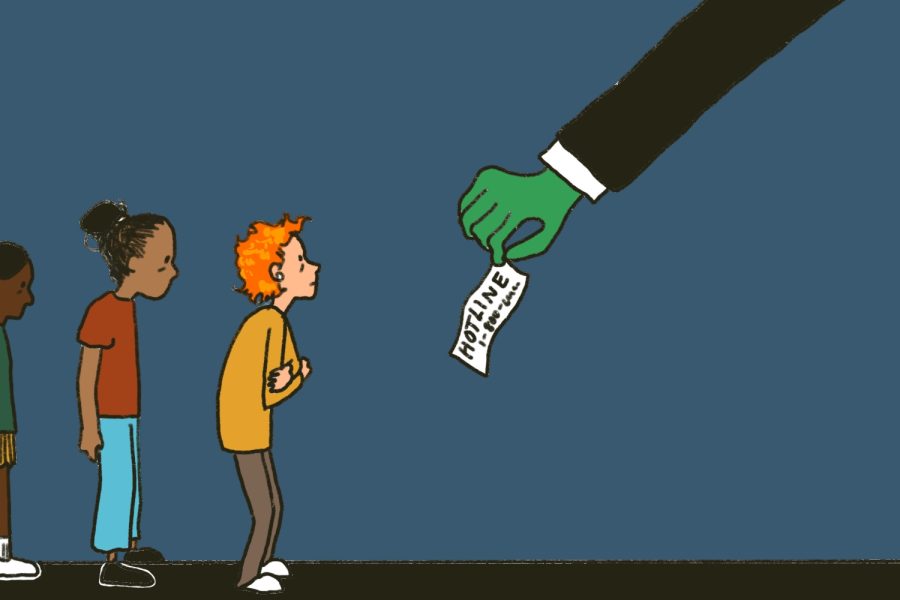LTE: College students at high risk for sexual assault, administrators couldn’t care less
In April 2021, survivors of sexual violence at the University of Vermont came forward on social media, bravely sharing their stories and criticizing the University’s administration for its lack of support.
Student leaders organized walkout protests and proposed a list of demands to the UVM administration, which were agreed to and met, though the administration still falls short in providing the necessary resources for student survivors.
Survivors have been made to feel like their experiences aren’t “serious enough” to warrant the use of on-campus resources. This is a common problem—research indicates that student survivors tend to be unsure if they even can report their experiences, and describe being confused by the role of the Title IX Office.
In a study of reported 93 survivors’ experiences, 36.8% were either blamed for their assault or told there was not enough evidence and were dismissed by campus resources.
When universities minimize sexual assault and fail to support their students, survivors are faced not only with trauma-related distress symptoms and increased risk for mental health difficulties, but they are also put at a greater risk for revictimization.
In fact, nearly 40% of those who reported being a victim of sexual assault later reported at least one additional instance of sexual assault, according to a May 26, 2019 study from the Journal of Interpersonal Violence.
In my case, I disclosed my experience to a therapist from UVM’s Counseling and Psychiatry Services and was told that what had happened to me was “not appropriate to talk about” in that context.
Three months after the tedious and retraumatizing process of a formal investigation in which I had to recount my assault in excruciating detail, I received a 92-page report stating that there was not enough evidence to prove the assault actually happened, and that my abuser would not be held accountable.
I was given a phone number for a support hotline and otherwise left to my own devices.
Investigators from Title IX offices are supposed to be an unbiased, neutral party, making an objective decision based on the evidence provided. However, investigators are employed by the University, and therefore are likely influenced by the University’s interests.
Prospective students and their parents aren’t interested in schools with high rates of sexual assault and violence on campus. Colleges boast about safety measures and resources—however, once the tuition check clears, safety goals take a backseat to reputation.
UVM needs to take further steps toward providing sufficient resources for their students. This should include transparency into the processes of Title IX investigations, advertisement of Title IX resources outside of a formal investigation process and more support for student survivors.
College administrations need to reevaluate their priorities and focus their attention back to the well-being of their students.







